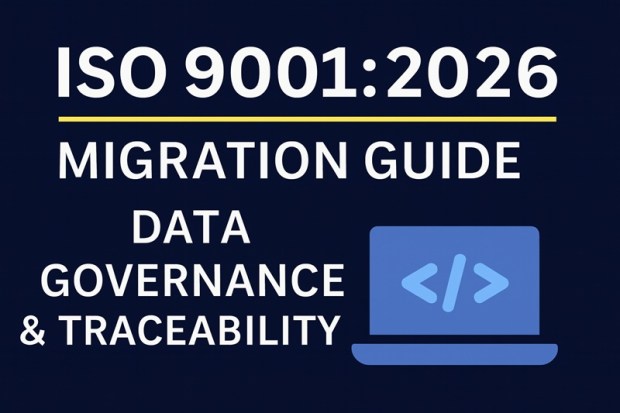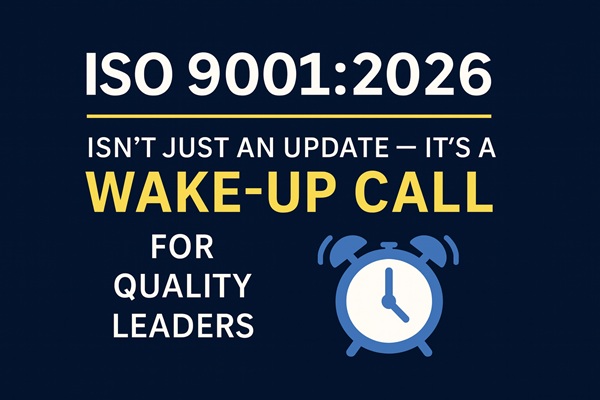The upcoming ISO 9001:2026 revision represents the most substantial evolution of the standard since 2015.
Among the most meaningful changes are those found in Clauses 5.1 (Leadership and Commitment), 5.3 (Roles, Responsibilities and Authorities), and 7.3 (Awareness) — which together redefine how leadership and quality culture are expected to function inside an organization.
For the first time, ISO 9001 explicitly links leadership with ethical behaviour and the promotion of quality culture.
The revised text states that top management is responsible for “promoting quality culture and ethical behaviour” and for “taking accountability for the effectiveness of the quality management system.”
These changes signal a clear message: ISO 9001 is no longer satisfied with leaders delegating quality — it now expects them to embody and influence it.
In this post, we’ll deep-dive into how ISO 9001:2026 strengthens leadership and quality culture, and how the new clauses on accountability, ethical behaviour, and awareness help organizations build a more engaged, responsible, and resilient QMS.
If you haven’t yet read the overview of all ISO 9001:2026 changes, have a look at my main article before diving deeper into this clause:
👉 Why ISO 9001:2026 Isn’t Just an Update — It’s a Wake-Up Call for Quality Leaders





